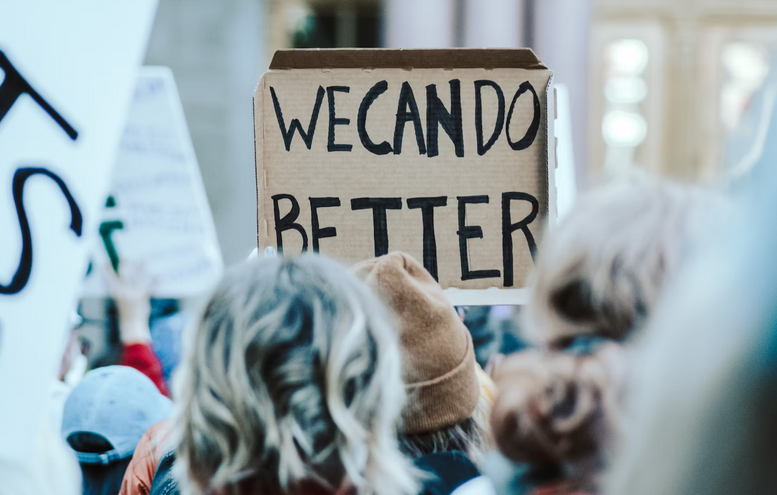PHILADELPHIA, PA – In a surprising turn of events, Drexel University’s Korman Quad has become the new epicenter of a pro-Palestinian encampment, sparking a series of events that have led to a lockdown of school buildings and a shift to remote learning for the day. The encampment, established on Saturday night, has been the subject of much controversy and concern, with university officials and students expressing their views.
The encampment is part of a more significant movement calling for a permanent and immediate cease-fire in Gaza and demanding that Drexel University divest from any companies or partnerships negatively impacting Palestinians. The group, known as the Drexel Palestine Coalition, is also asking the university to disclose its investments and redistribute its financial profits to support the Palestinian economy and rebuild Gaza.
Drexel University’s President, John Fry, has expressed his concerns about the encampment, stating that it has already proved intolerably disruptive to normal university operations. He has also raised serious concerns about the conduct of some participants, including distressing reports and images of protesters subjecting passersby to antisemitic speech, signs, and chants.
The university has taken a firm stance, stating that it will not tolerate the destruction of property, the harassment or intimidation of students, faculty, or professional staff, or any threatening behavior. This includes speech that is explicitly racist, antisemitic, or Islamophobic, which creates a hostile environment for members of the community based on race, color, national origin, religious affiliation, or shared ancestry.
Currently, the university is coordinating with local officials and the Philadelphia Police Department to ensure the safety of its community and the continued operations of its academic and research endeavors. The university has opened a line of communication to the protesters, hoping to convince them to leave. However, the encampment remains, and the situation continues to evolve.


Follow Us!